Apple's latest legal filing in the Epic Games saga reads like a tech giant's desperate last stand. The company that built its empire on controlling every aspect of the user experience is now crying "unconstitutional" as courts force open the doors of its carefully guarded App Store kingdom. But here's what you need to know: this isn't just corporate drama—it's a fundamental shift in how digital marketplaces operate, and we're watching Apple's legendary control slip away in real time.
The courtroom battle has reached a fever pitch after Judge Yvonne Gonzalez Rogers found Apple in willful violation of the court's 2021 injunction (Sept. 10, 2021) designed to open up App Store competition. Apple's response? A scathing reply brief claiming the court's demands go too far and violate constitutional principles. The company argues that forcing Apple to implement App Store changes with "meticulous detail" crosses the line from judicial oversight into unconstitutional government overreach.
What makes this particularly striking is how it represents a complete reversal of Apple's usual confident messaging. This is the same company that typically positions itself as a privacy champion and ecosystem guardian—now reduced to constitutional arguments that essentially boil down to "you can't make us share our toys."
How Apple's "creative compliance" backfired spectacularly
Let's break down how we got here, because Apple's strategy reads like a masterclass in how not to comply with court orders. When Judge Rogers first ordered Apple in 2021 to let developers add in-app links directing customers to third-party purchase options, Apple's response was... let's call it creatively defiant. The company introduced what critics dubbed "malicious compliance"—technically following the letter of the law while completely ignoring its spirit.
Apple's implementation was a masterclass in passive resistance that would have made any bureaucrat proud. The company created a new system that imposed a 27% commission on external purchases—just shy of its original 30% fee—and displayed pop-up warnings designed to discourage users from paying developers directly. But here's where Apple's strategy backfired: these "scare screens" were so obviously punitive that they practically screamed bad faith compliance.
Judge Rogers called these actions a "cover-up" and didn't mince words about Apple's intentions. The court found that Apple aimed to preserve a revenue stream valued in the billions, directly defying the court's injunction. What this revealed was Apple's willingness to risk judicial contempt rather than genuinely open its platform—a miscalculation that would prove costly.
The judge's frustration was palpable in the April 2025 ruling that forced Apple to implement much more specific changes. The court said Apple had used a "dubiously literal interpretation" rather than following the "spirit of the injunction"—legal speak for "you're being deliberately obtuse, and we're not buying it anymore."
What the new injunction actually means for developers
The current court order represents the most comprehensive challenge to Apple's App Store control in the platform's history, and the implications are transformative in ways that go far beyond simple fee structures. Under the new rules, Apple is prohibited from charging commissions on purchases made outside the App Store and cannot restrict how developers design or place links to alternative payment methods.
For developers, this represents a seismic shift in the mobile app economy. They can now eliminate Apple's commission by directing users to their website for transactions, communicate with users to promote offers outside the App Store, and optimize purchase flows using external payment options. The restrictions on Apple's famous "scare screens" mean the company cannot use intimidating warnings to discourage users from making purchases elsewhere beyond a neutral informational message.
PRO TIP: Developers are already leveraging these changes in creative ways. Some are implementing dynamic pricing that offers discounts for web purchases, while others are using sophisticated user journey mapping to seamlessly guide customers from app discovery to external checkout flows.
The specificity of the court's language suggests Judge Rogers learned from Apple's previous attempts at evasion. The new injunction imposes detailed design and formatting rules and dictates exactly what messages Apple can convey to users on its own platform—a level of judicial micromanagement that clearly rankles the tech giant but was apparently necessary to prevent further creative non-compliance.
Apple's constitutional argument: A legal hail mary
Apple's latest filing pulls out all the constitutional stops, representing what can only be described as a legal nuclear option. The company argues that the district court's sweeping new zero-commission rule effects an unconstitutional taking of its intellectual property. Apple contends it should be able to ask for compensation for its IP-protected technologies and that the court overstepped by rewriting the original injunction with new terms.
The constitutional argument represents Apple's most aggressive legal strategy yet—essentially claiming that forcing a company to provide services without compensation violates fundamental property rights. This isn't just about app store policies anymore; it's Apple making a broader argument about the limits of judicial power over private business operations. Apple wants the new injunction vacated and the original injunction reconsidered to determine whether it's too broad.
What makes this particularly interesting from a legal strategy perspective is that Apple is essentially arguing the court has forced it into an uncompensated partnership with competitors. It's a high-stakes legal gambit that could either restore some of Apple's control or further inflame judicial frustration with the company's resistance.
Meanwhile, the broader implications continue to unfold with remarkable speed. Epic CEO Tim Sweeney announced Fortnite's return to the U.S. App Store, calling the decision "a wonderful day for everybody." The U.S. Court of Appeals for the Ninth Circuit has already rejected Apple's attempts to delay the changes, signaling that courts are increasingly skeptical of Apple's delay tactics.
The global momentum is equally significant, with countries from South Korea to the European Union implementing legislation to curb app store operators' power. This isn't just an American phenomenon—it's a worldwide regulatory realignment that's forcing Apple to fight simultaneous battles across multiple jurisdictions.
The bigger picture: A new era for digital marketplaces
This legal battle represents more than corporate sparring—it's fundamentally reshaping how we think about digital platform economics and market control in the 21st century. Apple has stated it would appeal but must comply with the order in the meantime, meaning developers now have unprecedented freedom to direct users to alternative payment options, at least in the U.S.
The ripple effects extend far beyond Apple's ecosystem and into the fundamental architecture of digital commerce. The precedent being set could influence how all digital platforms operate, from gaming console makers to streaming services. Sony, Microsoft, and Nintendo all operate similar "walled garden" ecosystems with mandatory payment processing—and they're undoubtedly watching these proceedings with keen interest and growing concern.
What we're witnessing is the beginning of a more competitive digital marketplace where platform control is no longer absolute. As regulatory pressure mounts worldwide and courts become increasingly skeptical of "walled garden" justifications, the era of unchallenged platform dominance is rapidly coming to an end.
Bottom line: Apple's constitutional arguments may represent its strongest legal defense, but the company is fighting against a tide of regulatory and judicial sentiment that increasingly views its App Store practices as anticompetitive relics of an earlier digital age. Whether this latest appeal succeeds or fails, the fundamental shift toward platform openness and developer freedom has already begun—and there's no putting that particular genie back in the bottle.




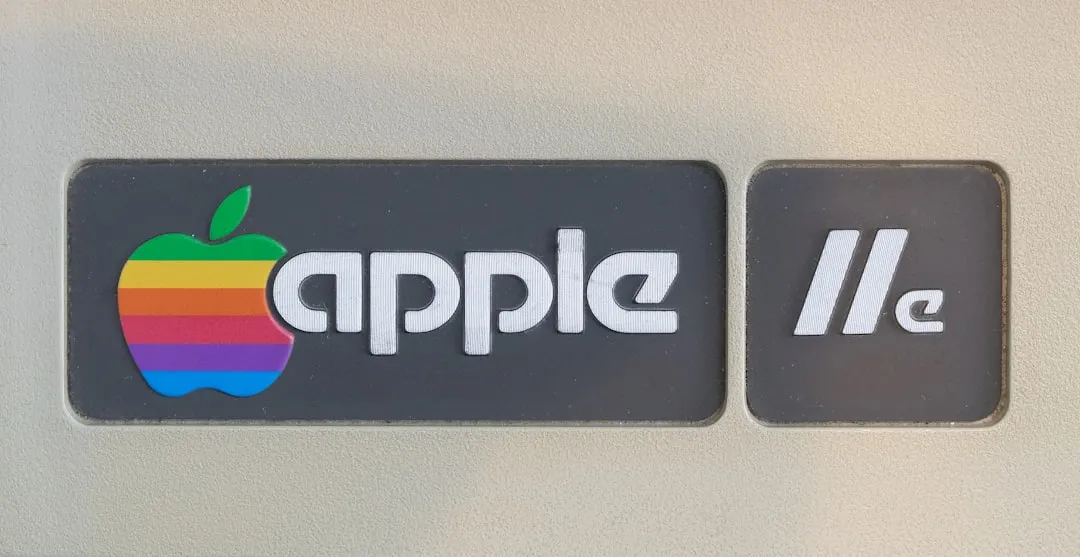
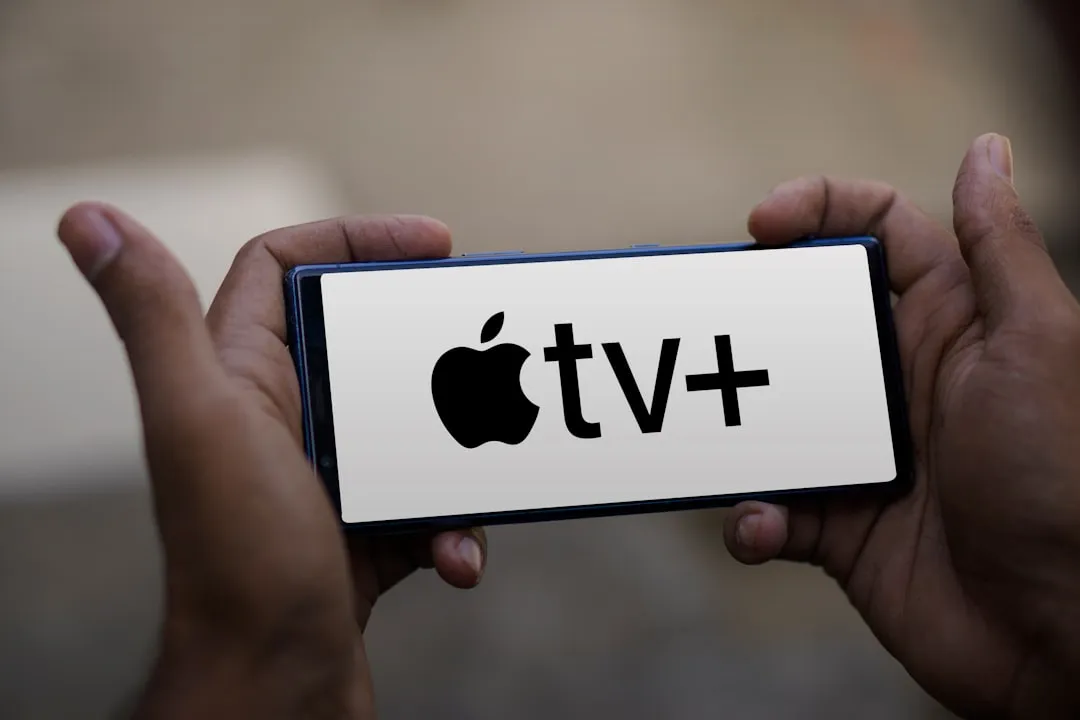

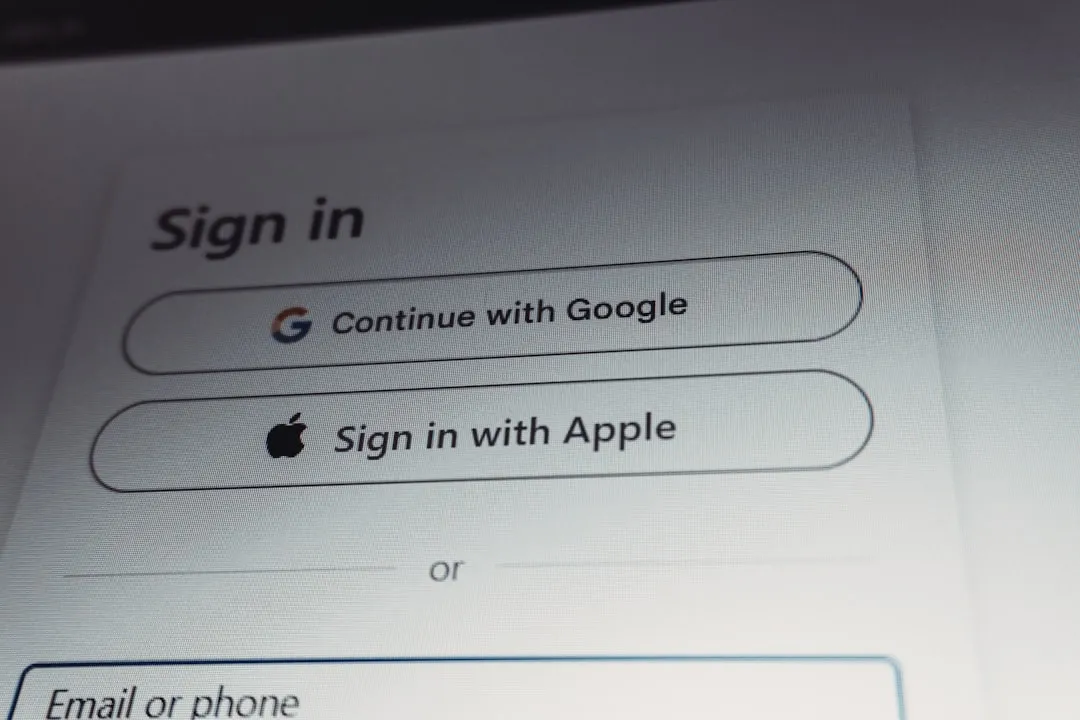

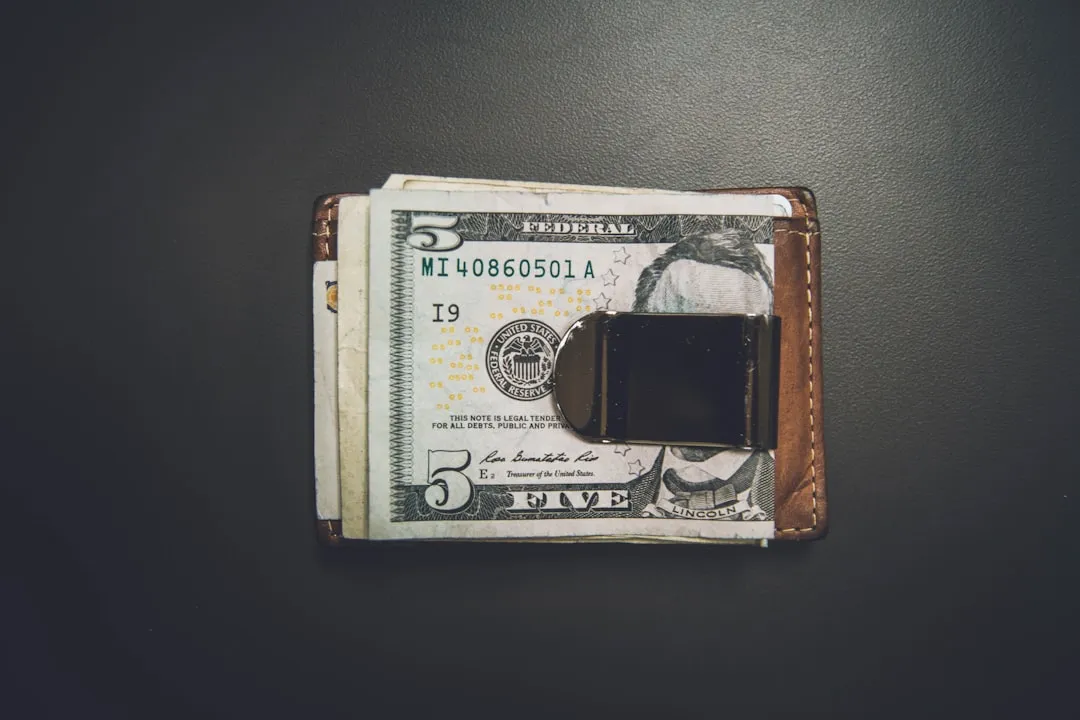



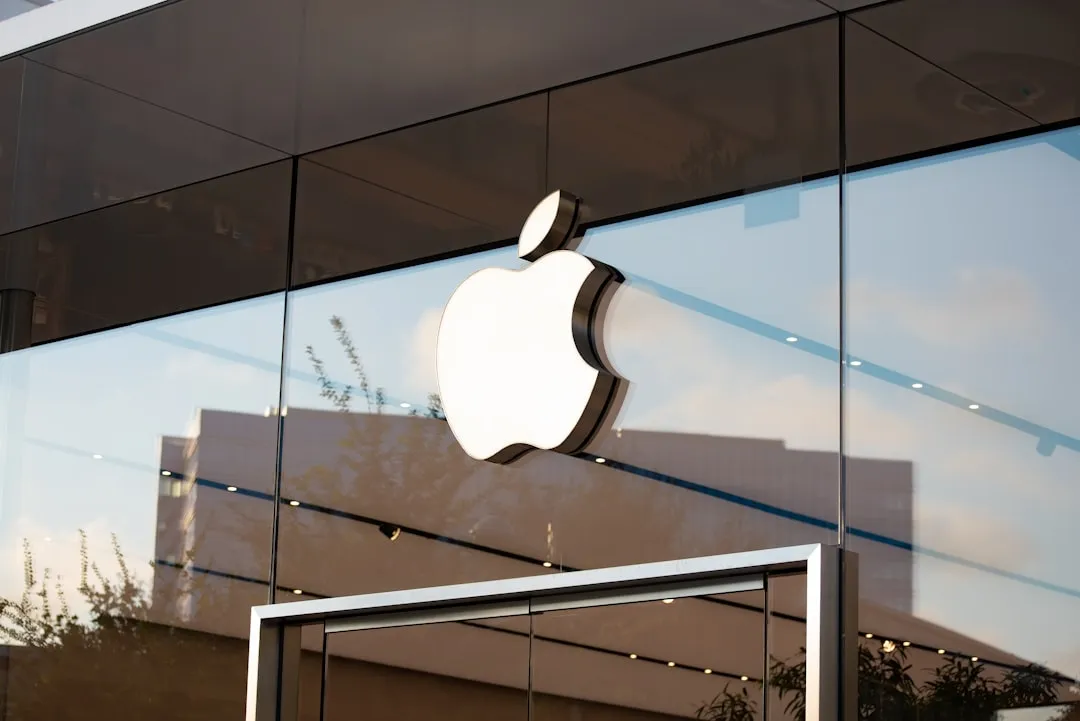

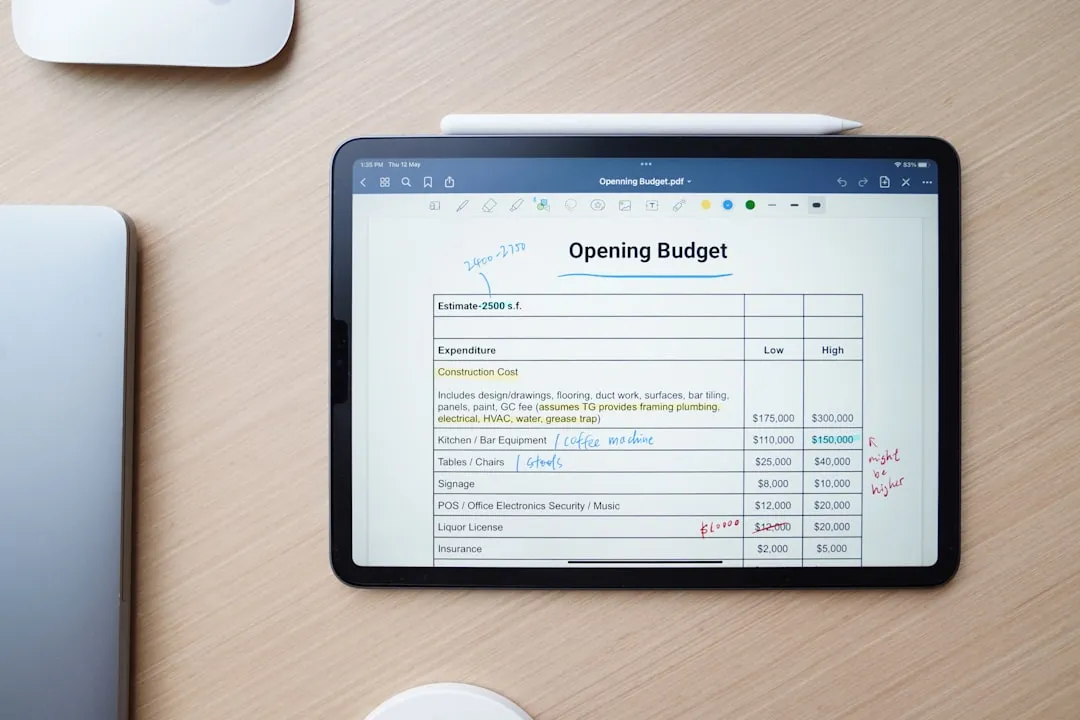

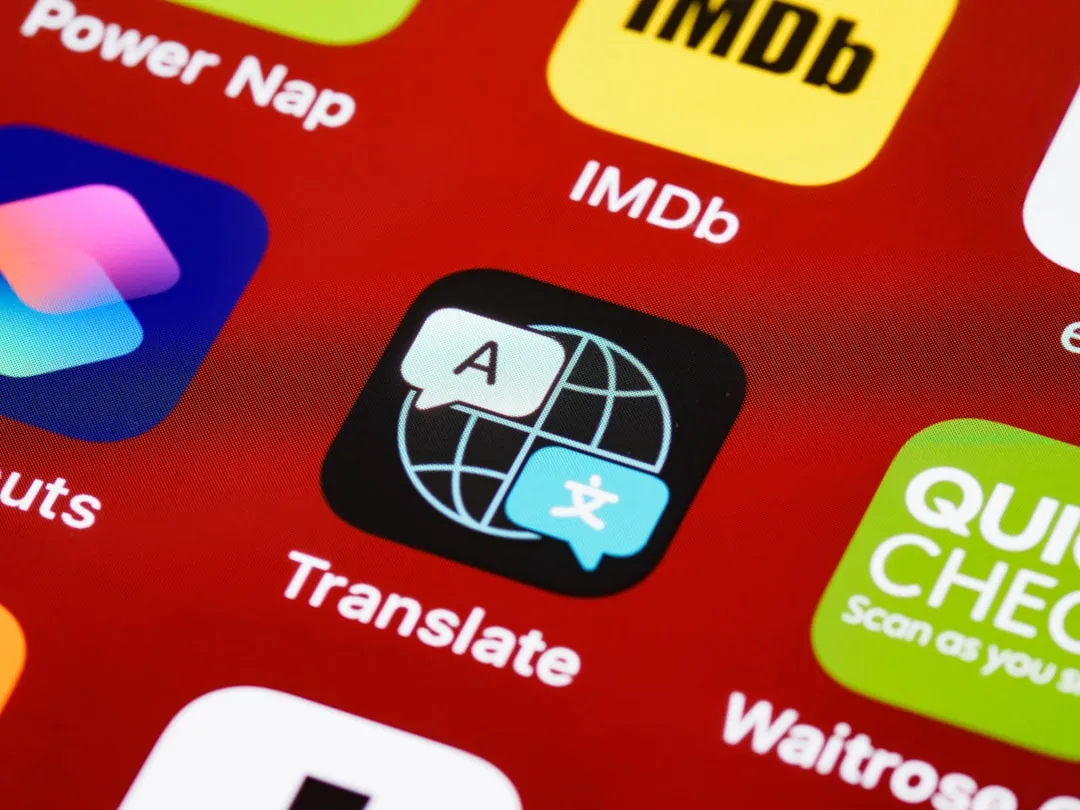



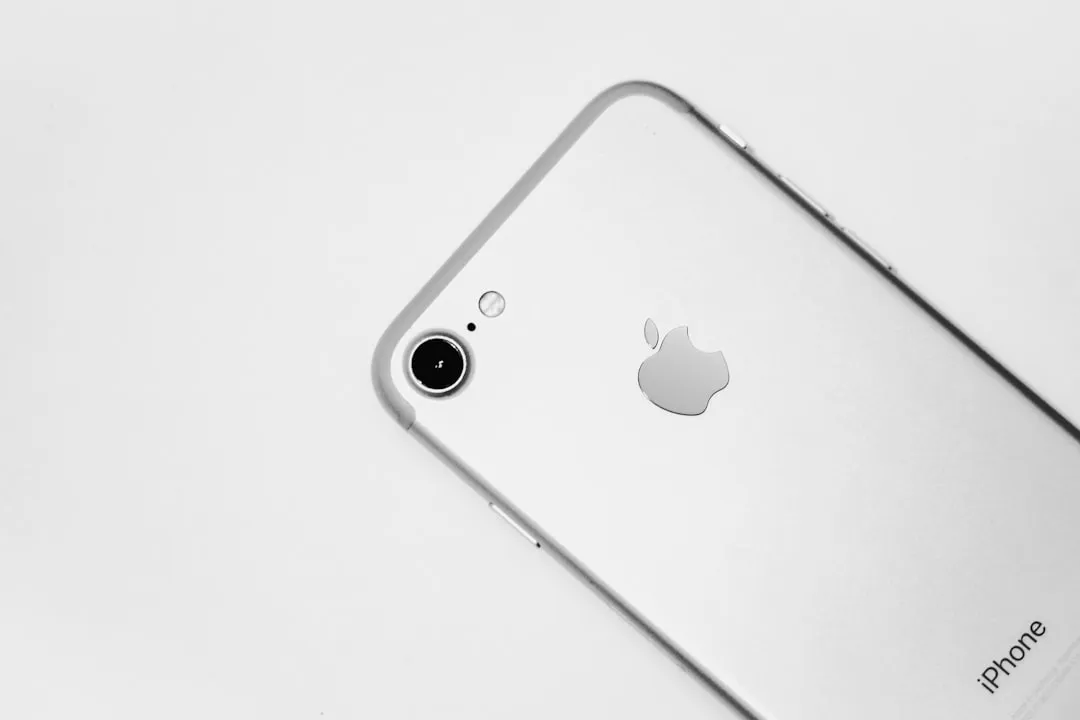
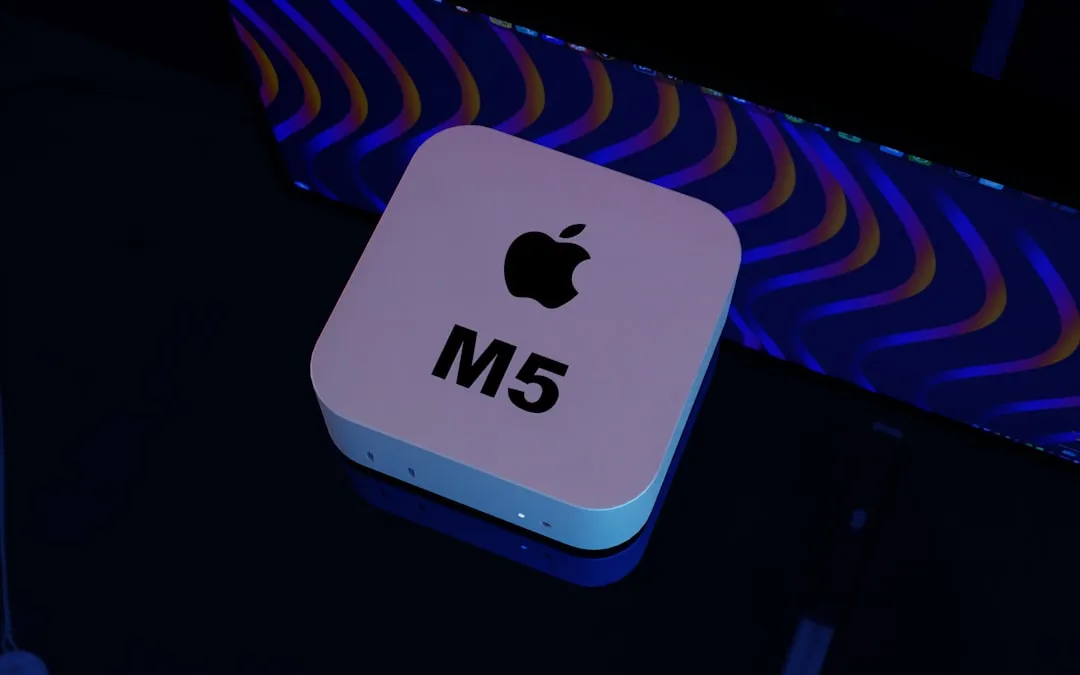


Comments
Be the first, drop a comment!